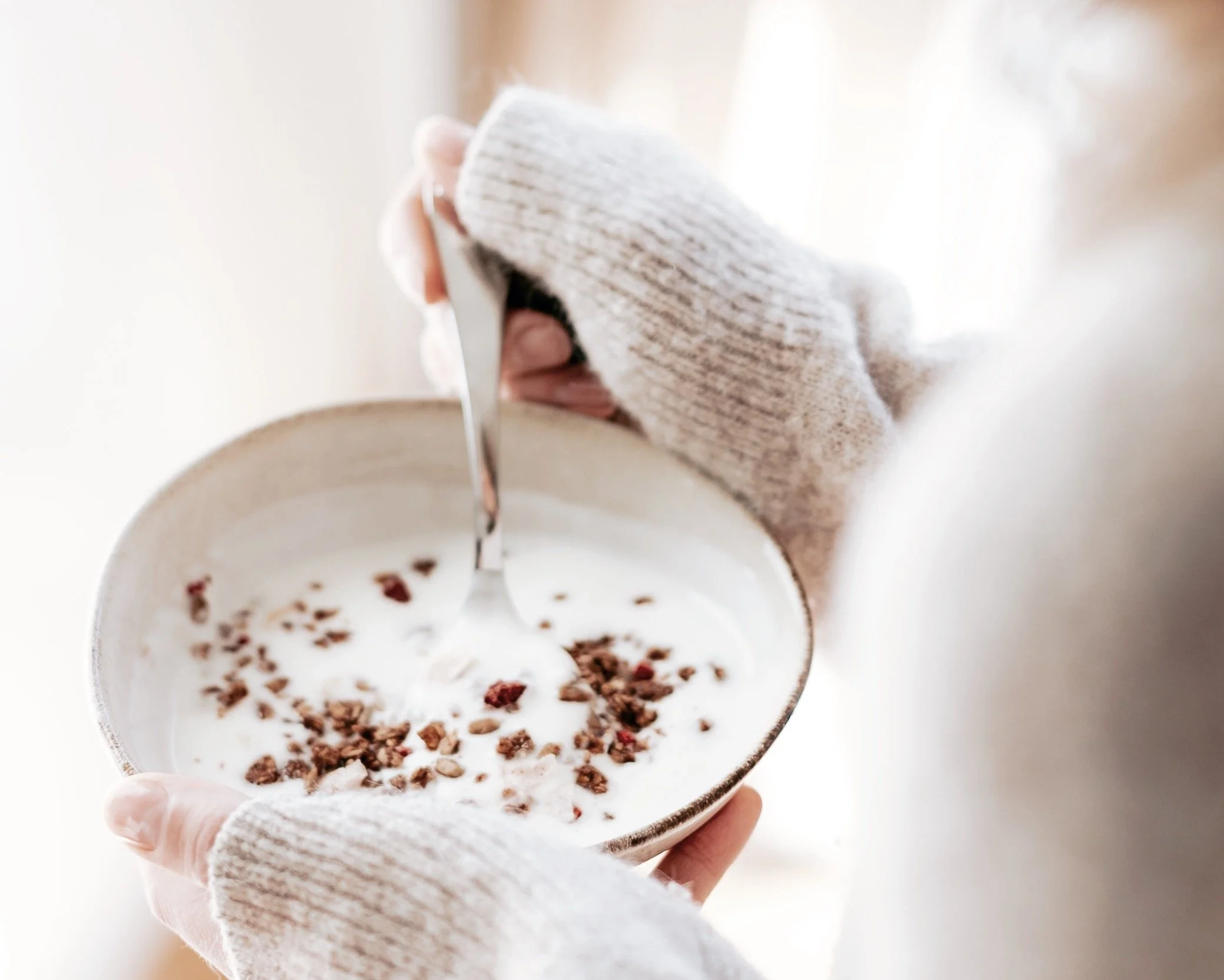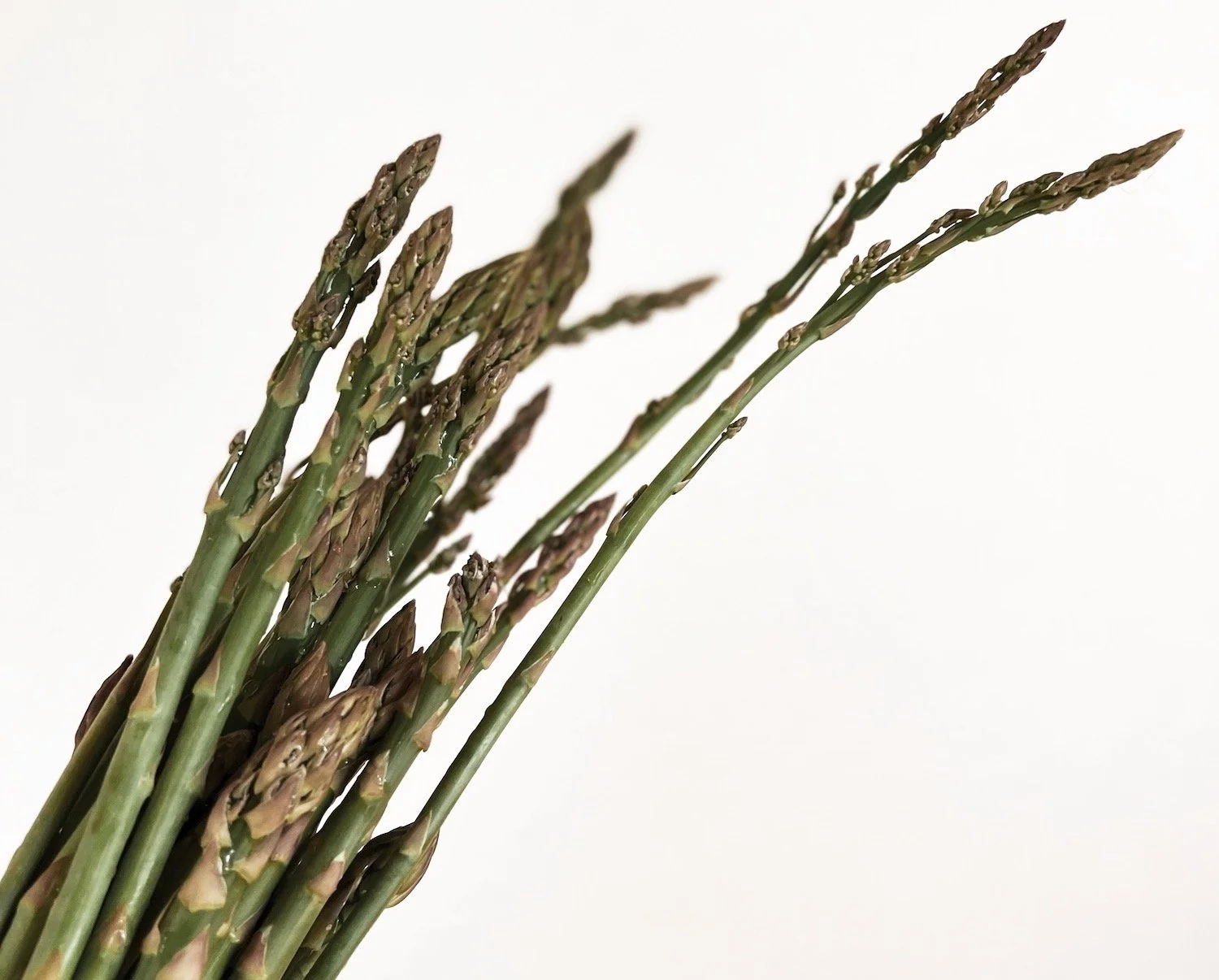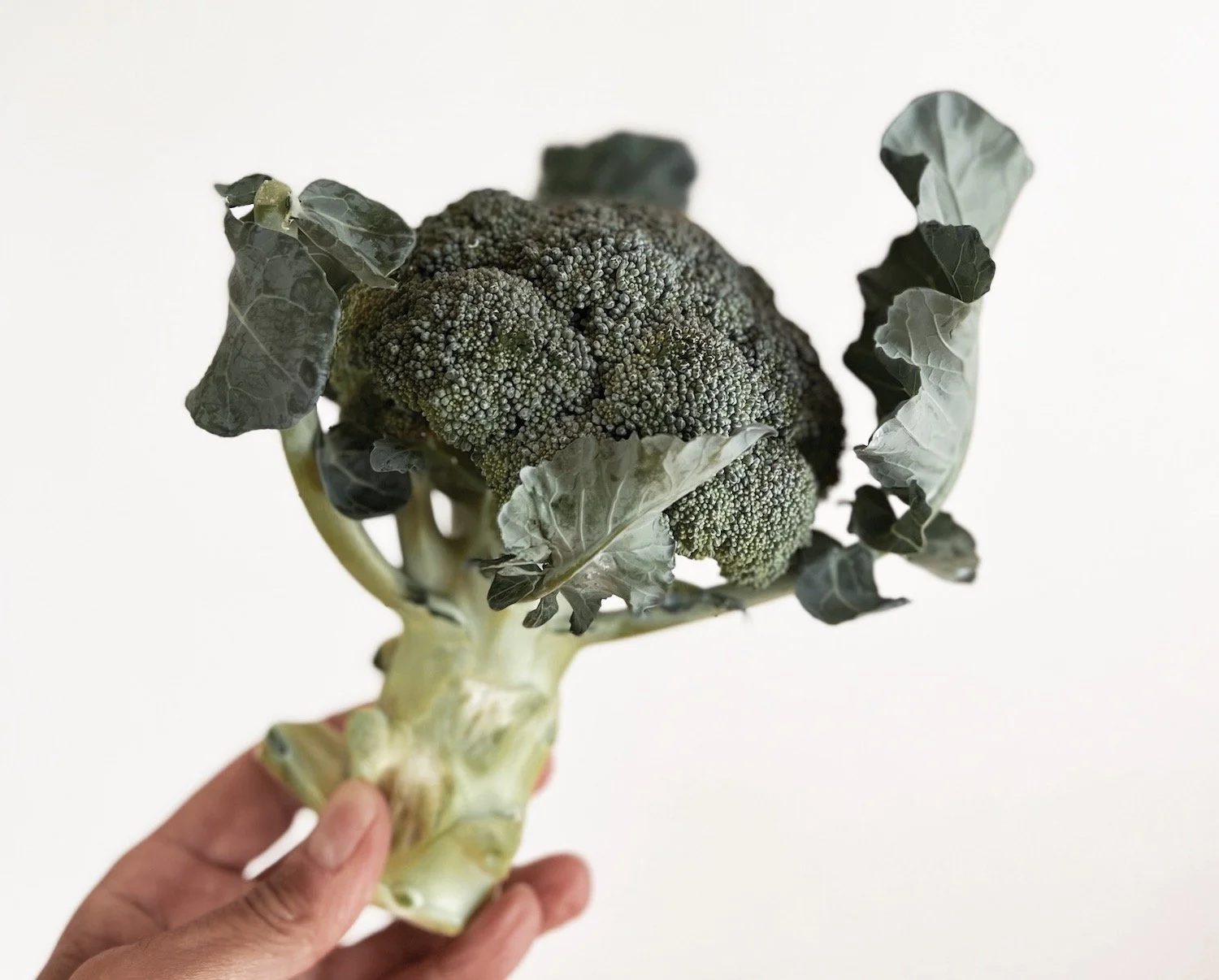Do Probiotic Supplements Work?
Eating for a healthy gut microbiome.
Over the last 20 years there has been a growing body of evidence showing that a healthy gut microbiome is essential for maintaining good health and preventing disease.
Dysbiosis of the gut flora is now implicated in metabolic, cardiovascular, and neurodegenerative disease, as well as mood, autoimmunity and gastrointestinal disorders. A spectrum covering the majority of chronic diseases that plague modern life.
The question is what’s the best way to restore a healthy gut microbiome – probiotic supplements or transforming our diet?
Do probiotic supplements work?
The results of a 2018 clinical study suggests that probiotic supplements might not be as effective as we once thought. It turns out that some people resist colonization of bacteria from common probiotic supplements, while others respond more favourably. And researchers can’t yet explain why.
In both of the groups studied, much of the bacteria consumed in supplement form was shed through the stool. In people where colonization did occur, there was no predictable or consistent change in their microbiome. This study shines the light on one important fact:
The human microbiome is highly variable and totally unique to each individual.
Studies like this are making it increasingly clear that there will probably never be a one-size-fits-all probiotic.
Changing our minds.
A related study revealed that probiotic supplements can significantly delay microbiome recovery after antibiotic use.
In a 2018 clinical trial it took approximately 21 days for a person to naturally return to a stable microbiome after antibiotic use, when there was absolutely no intervention at all.
That recovery time shrunk to a mere three days for participants who received a fecal transplant from their own bacteria, which was extracted prior to antibiotic use. The researchers were surprised to discover that treatment with probiotic supplements delayed microbiome recovery for up to five months.
So are we wasting our money on probiotic supplements?
The conclusion I draw from the current research is that there are no guarantees when it comes to supplementation. It seems we are ‘pooping’ out most of what we consume in pill form.
Our unique microbiome.
While many people say they experience relief from taking probiotics, those benefits unfortunately are not sustainable. They last so long as you continue taking them.
Common probiotic strains like Lactobacillus and Bifidobacterium do not permanently colonize a healthy adult gut when taken in pill form. Perhaps this will change with future developments in probiotic supplements.
A big part of the issue is that no two people have the same microbiome.
We each have a completely unique population of gut microbes. And the differences from one person to the next are quite substantial.
Our microbiome is influenced by several factors:
Genetics.
Exposures in the first year of life.
Our mother’s microbiome.
The environment we live in.
Stress levels.
The food we eat.
What role do supplements play?
Think of your microbiome like the soil in a garden.
You can’t build fertile soil in a single season. You have to continuously feed it with organic matter to see substantial changes and lasting results.
Using probiotic supplements would be similar to using artificial fertilizers in a garden. They only work while you use them, and do not improve the quality of the soil.
The alternative would be to feed your gut flora with a microbiome-friendly diet on a daily basis.
In fact, the most powerful tool we have to heal our guts is food.
While the majority of studies show probiotics do not provide benefits for people who are generally healthy, they do offer help for people living with IBS, IBD, eczema, or diarrhea.
However, not all gut issues respond well to probiotic supplements. In the case of motility issues or small intestine bacterial overgrowth (SIBO) probiotics in some cases can aggravate symptoms of gas, bloating and brain fog.
Microbiome-friendly foods.
The scientific consensus is that our diet rapidly alters the microbiome in a matter of days or weeks and there are many beneficial phytonutrients and metabolites from food that positively enrich gut flora, prevent colon cancer, strengthen the gut barrier, and reduce gastrointestinal inflammation.
This does not mean you have to start shovelling fermented cabbage or kefir into your system, or chug kombucha every day to encourage a robust microbiome. In fact, if you never ate fermented foods you could still culture a balanced microbiome.
The real secret to healthy gut flora lies in eating a regular supply of whole plant foods.
Feeding and fasting.
It’s not just what we eat but when we eat that can positively shape the microbiome.
The bacteria that live in our gut not only respond to the type of foods we consume but also to our cycles of feeding and fasting.
Did you know your gut flora is synchronized with your 24hr
circadian clock?
Overeating and night eating have shown to have negative impacts on the balance and diversity of our microbiome. Studies show that periods of fasting and reduction of calorie dense foods like sugar, refined carbohydrates and fat, can help to heal the gut microbiome.
A plant-rich life.
Plant-based foods are rich in phytonutrients, fibres and resistant starches that gut microbes use as fuel. The metabolites from fruits, vegetables, pulses, and grains discourage pathogenic bacteria, while promoting the growth of beneficial bacteria.
If we supply ammunition to the good guys, eventually they will win.
This is best achieved by gradually introducing high-fibre plant foods to our diet, alongside small but regular doses of fermented foods like yogurt, kefir, sauerkraut, and kimchi.
The science on this is simple and it echoes the advice of so many nutrition experts. To build a healthy gut microbiome we need to eat more:
Dark leafy greens.
Cruciferous vegetables.
Root vegetables.
Nuts and seeds.
Apples and berries.
Lentils and beans.
A variety of whole grains.
I recommend taking a slow approach and paying attention to what works for your body. What you struggle to digest now, can and will most likely change, as you rebalance your gut flora. Thats why I suggest adding high-fibre plant foods gradually, giving your digestive system time to adjust to over time.
Fasting & Gut Health
Learn how resting your digestion with fasting, can heal the gut and balance the microbiome. Read more >




